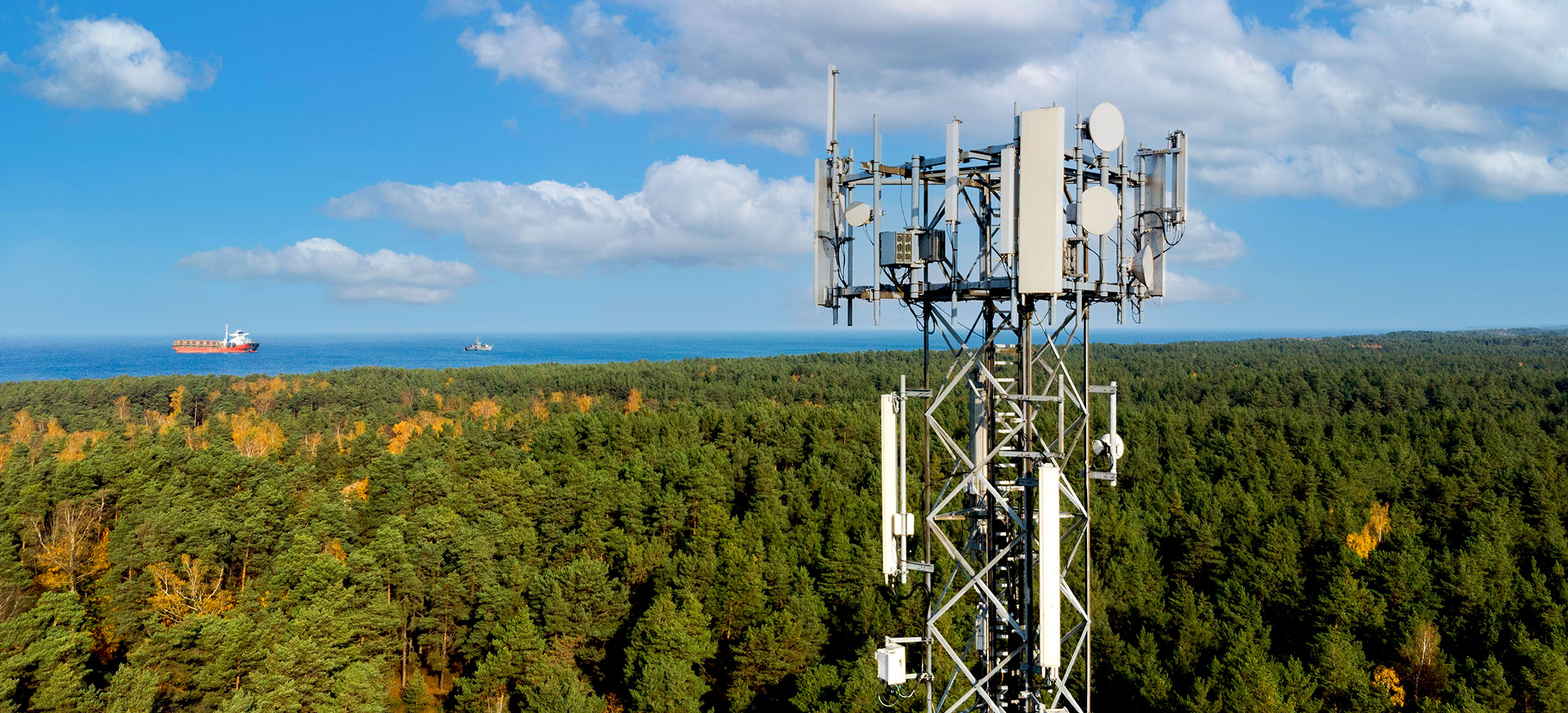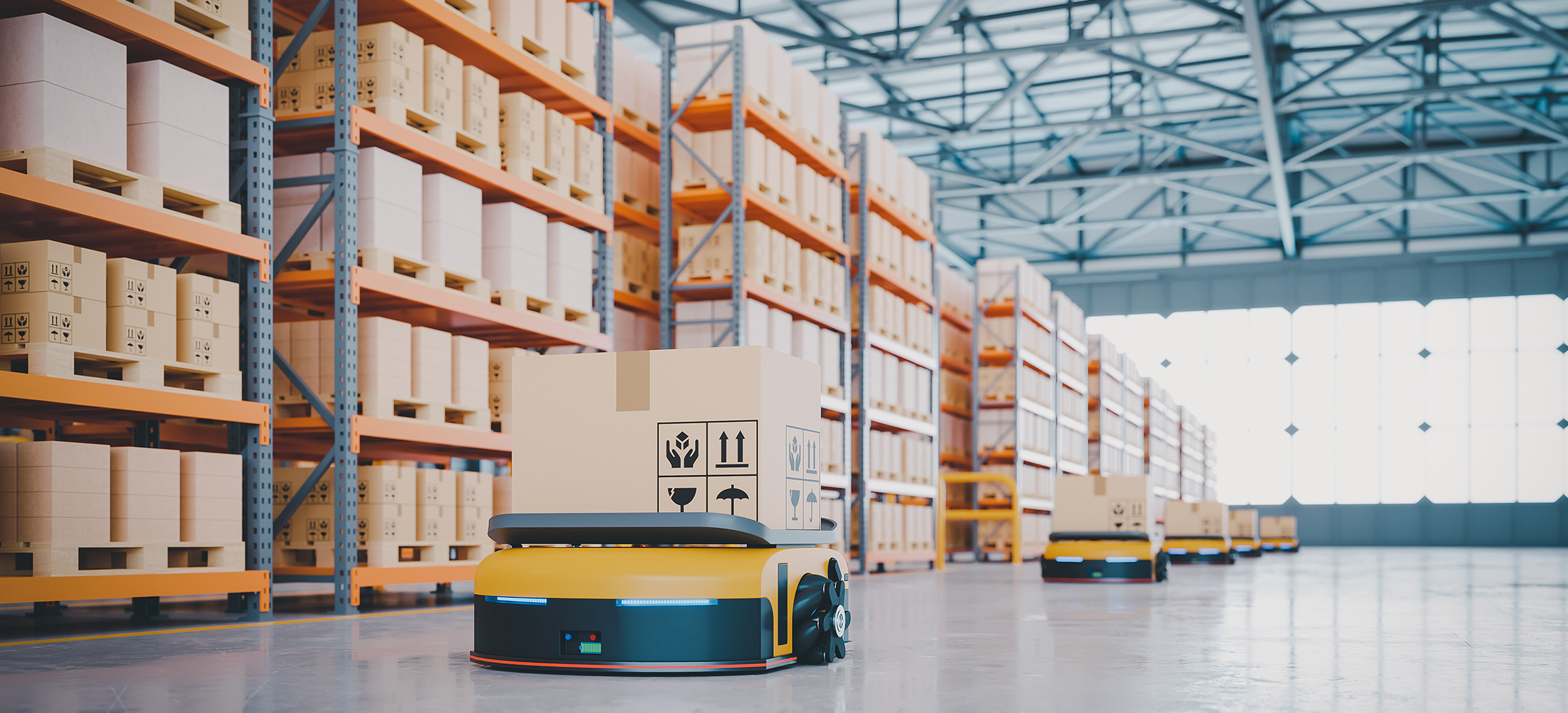The advent of 5G technology is poised to revolutionise various sectors, and the shipping industry is no exception. With its promise of faster speeds, lower latency, and greater connectivity, 5G offers numerous benefits that can enhance operational efficiency, safety, and overall effectiveness. Here’s an in-depth look at the impact of 5G on the shipping industry.
Enhanced Connectivity and Communication
5G’s high-speed data transmission capabilities enable real-time communication between ships, ports, and logistics centers. This facilitates more efficient tracking, monitoring, and management of shipments. Enhanced connectivity allows for seamless integration of various digital platforms and IoT devices, improving overall operational efficiency.
There is also better coordination between shipping companies, port authorities, and customers. Immediate access to real-time data helps in proactive decision-making, reducing delays and improving turnaround times.
IoT and Smart Shipping
5G enables widespread adoption of IoT devices across the shipping industry, from smart containers to automated ports. Sensors and IoT devices can monitor various parameters such as temperature, humidity, and location in real-time. Real-time tracking and monitoring of cargo and fleet conditions improve asset utilisation and management. Continuous monitoring helps in predicting maintenance needs, reducing downtime and maintenance costs.
Autonomous Shipping
5G provides the reliable, high-speed communication necessary for the safe and efficient operation of autonomous ships. Enhanced connectivity allows for remote control and monitoring of unmanned vessels.
The benefits are that it reduces human error and enhances safety through constant monitoring and immediate response capabilities, autonomous ships can optimise routes and speeds, leading to fuel savings and reduced emissions.
Port Operations and Management
5G enables the use of automated cranes, guided vehicles, and robotics in ports, enhancing loading and unloading processes. Ports can create digital twins, virtual replicas of physical assets, to simulate and optimise port operations. Automation and enhanced connectivity improve the efficiency of port operations, increasing cargo throughput.
Real-time data helps in better planning and coordination, reducing congestion and wait times at ports.
Supply Chain Optimisation
5G enables end-to-end tracking of shipments, providing complete visibility across the supply chain. Real-time data collection and analysis facilitate better demand forecasting, inventory management, and route optimisation.
Enhanced visibility and communication lead to more reliable and predictable supply chains. Better planning and optimisation reduce costs associated with delays, inventory holding, and fuel consumption.
Safety and Security
5G supports real-time video surveillance and monitoring, enhancing the security of ships and cargo. Advanced connectivity allows for the implementation of robust cybersecurity measures to protect against cyber threats.
Improved surveillance and monitoring reduce the risk of theft, piracy, and other security threats. Enhanced data security helps in complying with regulatory requirements and protecting sensitive information.
The impact of 5G on the shipping industry is transformative, offering enhanced connectivity, improved efficiency, and greater safety. By enabling real-time data exchange, facilitating the use of IoT and autonomous technologies, and optimizing port operations and supply chains, 5G is set to revolutionise maritime logistics. However, the industry must address the challenges of infrastructure investment and regulatory compliance to fully realize the benefits of this cutting-edge technology. As the shipping industry continues to embrace 5G, it will pave the way for a more connected, efficient, and sustainable future.
If you would like to discuss this further please contact us to arrange a consultation with one of our experts.









